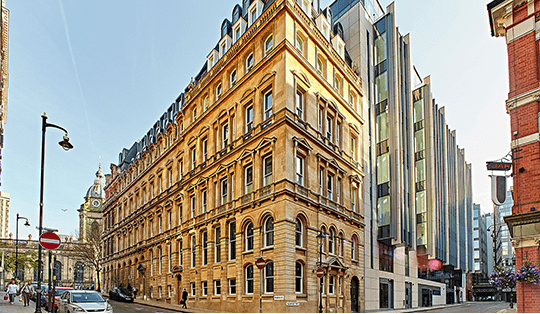Unemployment has continued to fall
Strong growth in the number of people in work has seen the unemployment rate fall to 4.3% – the lowest level since May 1975. However, subdued annual wage growth of 2.1% coupled with CPI inflation rising to 2.9% has meant that real wages are continuing to fall.
Lower real wage growth has continued to boost employer sentiment. Employer sentiment provides an indication of future office demand, as we have seen across the UK regions since the EU referendum. Of the FTSE 100 CFOs surveyed by Deloitte at end Q2 2017, 9% expected to increase hiring over the next 12 months, a marked increase on the 1% recorded immediately post Brexit.
Whereas decision makers sat on their hands during the second half of 2016, occupiers have realised that 'Brexit' is a process, not an event and occupational decisions must continue to be made. Nearly six months on from triggering Article 50, the self imposed deadline of March 2019 to leave the EU is rapidly approaching.
According to the Lloyds Bank Regional PMI Index, the West Midlands showed the strongest output and employment growth of all UK regions in August 2017, reaching 58.6, up from 56.7 during the previous month. Any figure above 50 indicates positive growth.
HS2 contracts, and the financial sector will drive larger deals
Birmingham’s office take-up over 1,000 sq ft reached 639,000 sq ft as at Q3 2017, 2% above the 10-year annual average of 627,000 sq ft. However, with around 160,000 sq ft of space currently under offer, we expect take-up to exceed 850,000 sq ft by the end of the year, 36% above the 10-year annual average (Graph 1).
.png)

.png)
.png)
.png)